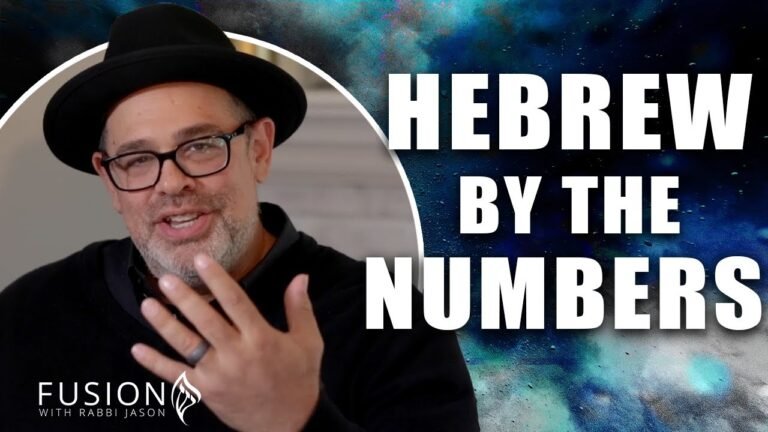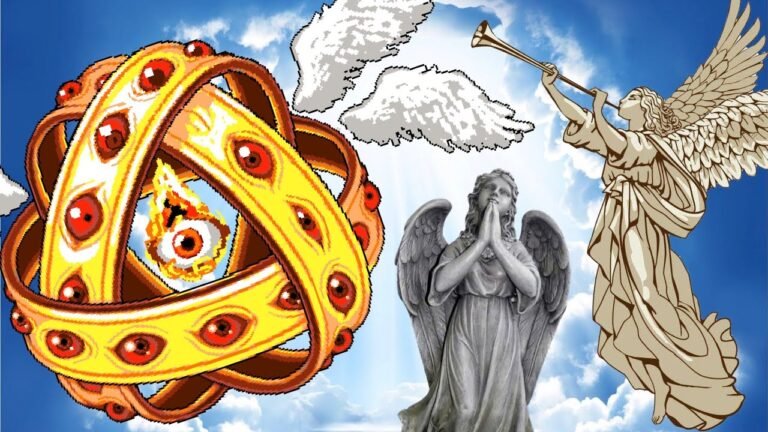Presbyterian vs. Methodist: Key Differences Explained
The debate between Presbyterianism and Methodism offers a fascinating glimpse into the diverse landscape of Christian denominations. While both share core beliefs in the authority of Scripture and the significance of grace, they diverge in their governance, worship styles, and theological emphases. Presbyterians advocate for a system of church leadership through elected elders, reflecting their commitment to a representative form of governance, whereas Methodists emphasize personal faith and social justice, often featuring a more flexible approach to worship. Understanding these differences not only enriches our appreciation of each tradition but also highlights the broader tapestry of Christian faith.
What are the key differences between Presbyterians and Methodists?
Presbyterians emphasize predestination and church governance by elders, while Methodists focus on free will and personal faith, with a more hierarchical structure.
What distinguishes Methodists from Presbyterians?
The distinctions between Methodist and Presbyterian beliefs center on their views of salvation and predestination. Presbyterians adhere to the doctrine of predestination, which posits that an individual’s eternal fate—whether in heaven or hell—is determined at birth and is unchangeable. This belief underscores their emphasis on God’s sovereignty and grace, suggesting that human actions play a minimal role in the salvation process.
In contrast, Methodists hold a more optimistic view of salvation, asserting that all individuals have the potential to achieve eternal life. They believe that as long as someone is a follower of Christ at the time of death, they will enter heaven. This perspective fosters a sense of hope and encourages personal responsibility in faith, emphasizing that one’s choices and relationship with God can influence their eternal destiny.
Which religion is most similar to Methodism?
Methodism, with its rich historical roots, draws heavily from the traditions of Anglicanism, particularly in its liturgical practices. This connection is evident in the structured worship and rituals that both denominations share. However, while Methodism embraces these Anglican elements, it also infuses them with its unique theological perspectives, particularly those articulated by John Wesley, the movement’s founder.
A distinctive feature of Wesleyan theology is its stronger emphasis on the sacraments compared to evangelical Anglicans. This sacramental focus reflects Methodism’s belief in the importance of grace and the transformative power of the sacraments in the life of believers. Methodists view these rites as vital to spiritual growth and community life, fostering a deeper relationship with God.
Through this blend of Anglican liturgical heritage and a heightened sacramental approach, Methodism stands out as a vibrant expression of Christian faith. Its commitment to both tradition and personal experience continues to resonate with individuals seeking a meaningful spiritual journey, making it a bridge between historical practices and contemporary faith expressions.
Which religion is most similar to Presbyterianism?
Presbyterianism, rooted in the Reformed tradition, shares a close theological alignment with other branches of Protestantism, particularly those that subscribe to Calvinist principles. This tradition emphasizes the sovereignty of God, the authority of Scripture, and the necessity of grace through faith. As a result, Presbyterians often find common ground with denominations such as the Reformed Church in America and the United Church of Christ, which also uphold similar theological tenets.
The distinctive governance structure of Presbyterianism, characterized by its representative assemblies of elders, sets it apart from other Protestant denominations. This system fosters a sense of shared leadership and accountability within the church community, promoting a collaborative approach to decision-making. Such a model not only reflects the core values of Presbyterianism but also resonates with the democratic principles found in many Reformed traditions.
In the broader context of Christianity, Presbyterianism stands as a vital expression of Protestant faith, maintaining a commitment to both doctrine and governance. Its emphasis on education, community involvement, and social justice initiatives further aligns it with other denominations that prioritize these values. Ultimately, the Presbyterian tradition embodies a rich heritage that continues to influence and inspire a diverse array of congregations within the Reformed family.
Unpacking Beliefs: What Sets Presbyterians Apart from Methodists
Presbyterians and Methodists both share a rich Christian heritage, yet they diverge significantly in their theological beliefs and practices. Presbyterians emphasize the sovereignty of God and the importance of predestination, which shapes their understanding of grace and salvation. In contrast, Methodists focus on the concept of prevenient grace, believing that God’s grace is available to all and that individuals have the free will to accept or reject it. This fundamental difference influences their respective approaches to worship, governance, and community life, with Presbyterians favoring a structured, elder-led church model and Methodists embracing a more flexible, connectional system. Ultimately, these distinctions reflect deeper theological convictions that guide each tradition’s faith journey.
Worship Styles: A Comparative Look at Presbyterian and Methodist Practices
Worship styles in Presbyterian and Methodist traditions reflect distinct theological foundations and community expressions. Presbyterians typically emphasize a structured approach characterized by liturgical elements, scripture readings, and a focus on preaching that aligns with Reformed theology. This structured worship fosters a sense of reverence and contemplation, encouraging congregants to engage deeply with the Word. The use of hymns is prominent, often rooted in historical compositions that reflect theological depth, enhancing the communal experience of faith.
In contrast, Methodist worship tends to embrace a more flexible and experiential style, often integrating contemporary music and a variety of worship formats. This approach encourages participation and emotional engagement, aligning with the Methodist emphasis on personal faith and social action. Services often include testimonies and vibrant congregational singing, creating an atmosphere of warmth and community. While both traditions seek to glorify God and nurture spiritual growth, their unique worship practices cater to different expressions of faith, enriching the broader tapestry of Christian worship.
Historical Roots: Tracing the Origins of Presbyterianism and Methodism
The origins of Presbyterianism and Methodism can be traced back to the rich tapestry of 16th and 18th-century Christianity, where reformative ideas began to take root in Europe. Presbyterianism emerged from the Protestant Reformation, spearheaded by figures like John Calvin, emphasizing a governance system led by elders and a commitment to scripture. In contrast, Methodism arose in the early 18th century, founded by John Wesley, who sought to revive a sense of personal piety and community engagement within the Church of England. Both movements, while distinct in their governance and practices, shared a common thread of challenging established norms and advocating for a faith that emphasized personal experience and communal responsibility, ultimately shaping the landscape of modern Christianity.
The comparison between Presbyterian and Methodist denominations highlights not only their theological differences but also their unique cultural identities and worship practices. While both traditions emphasize community, service, and a deep commitment to faith, their distinct approaches to governance, sacraments, and interpretation of scripture offer followers varied paths to spiritual fulfillment. Understanding these nuances enriches the broader conversation about Christian faith, inviting individuals to explore which tradition resonates more deeply with their personal beliefs and values.







